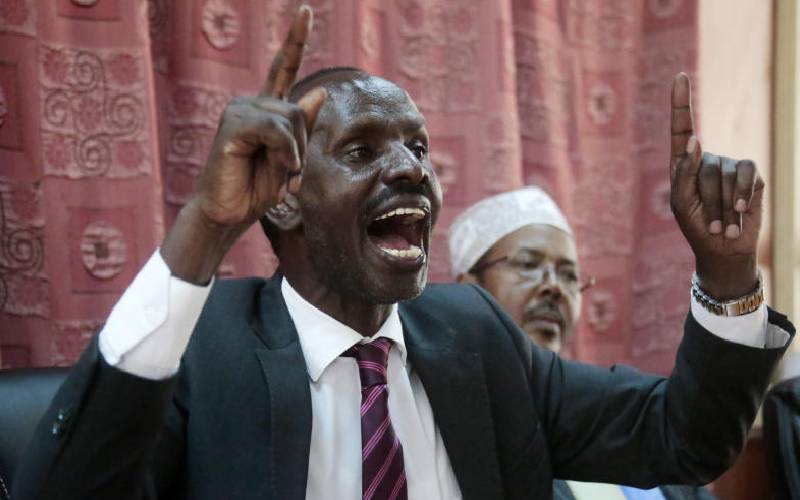×
The Standard e-Paper
Home To Bold Columnists

In early 1992, a small meeting was convened between my grandfather, my father and I. My grandfather had realised that I, his trusted herdsboy, did not know how to count cows. It was resolved that I would be taken to school for a while to master the art of counting — it took me 27 years to bachelor, master, and doctor the art of counting cows.